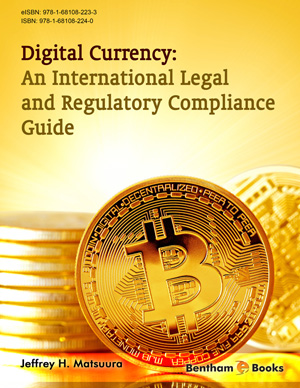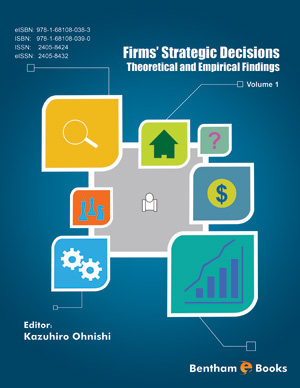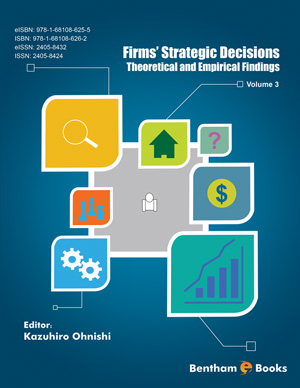Abstract
In many jurisdictions, virtual currencies are, at least in some contexts, viewed to be a commodity, a form of property. Classification of digital currency as property has substantial and far-reaching legal consequences. Digital currencies are now traded through trading exchanges. Future contracts and other forms of financial derivatives based upon virtual currencies are also bought and sold in marketplaces. Enterprises such as LedgerX and TerraExchange are now seeking full regulatory approval to permit them to function as authorized trading exchanges able to serve as trading markets for a wide range of financial products. Recognition of digital currencies as property has profound tax consequences. It makes digital currency potentially subject to the laws of debtor/creditor relations when the currency is held as an asset. Digital currency as property is subject to diverse laws including laws of wills, estates, and trusts, when the currency is part of an individual’s personal estate. Laws and international treaties governing foreign investment in assets are in some cases applicable to trans-border purchase of virtual currency. Digital currency is already widely viewed to be a form of property in many jurisdictions, and in that capacity, it is currently potentially subject to a substantial and diverse set of rules addressing property ownership and transfer.
Keywords: Asset, commodities, Commodities Future Trading Exchange (CFTC), creditor, derivatives, financial instruments, foreign investment, future, intangible, LedgerX, lien, Mt. Gox, OKCoin, property, tax, TeraExchange, trade agreements, trading exchange, wills.








.jpg)



